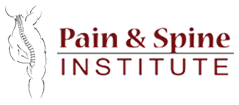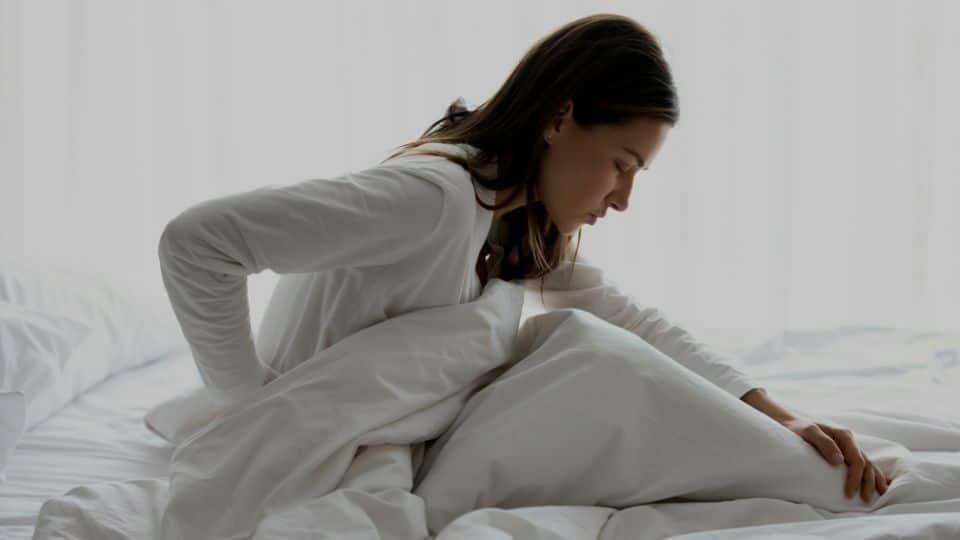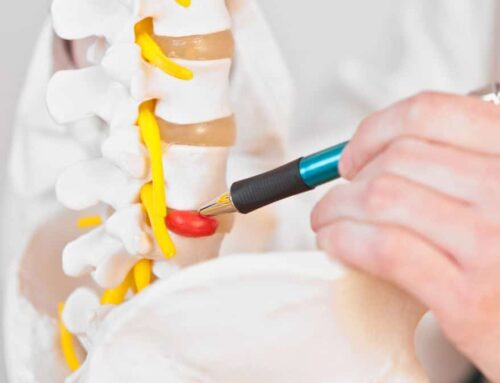If you are one of the millions who suffer from a herniated disc, you know how painful and debilitating it can be. One of the painful symptoms of a herniated disc is sciatica, which can make it difficult to sit or sleep.
Read on to learn what herniated disc is, what causes it, and the best ways to sit and sleep if you have a herniated disc.
What Is Herniated Disc?
Discs cushion the vertebrae in our spines. Discs are soft, cushiony pads that act as shock absorbers for the spine. When you perform daily activities like walking or lifting, the discs help your spine move smoothly.
A herniated disc occurs when the soft center of a disc ruptures through its tough outer layer. It can happen due to an injury or from wear and tear over time. When a disc is herniated, it can put pressure on the spinal cord or nearby nerves. It can cause pain, tingling, weakness, or numbness in the affected area.
Why Does It Hurt While Sleeping?
A herniated disc can cause pain while you sleep for a few reasons. First, when you lie down, the pressure on your discs increases. It can cause the herniated disc to bulge more and pressure your nerves. Second, lying down flat on your back may not be the best position for a herniated disc.
When you sleep on your back, your head and neck are in a neutral position. This puts more pressure on the discs in your lower back.
The healing process for a herniated disc can take weeks or even months. Depending on the severity of your injury, you may need to rest and avoid activities that put a strain on your back.
Read more: How Long Does a Herniated Disc Take to Heal?
What Are the Best Sleeping Positions With a Herniated Disc?
1) Side-lying position: This sleeping position is achieved by lying on your side with a pillow between your legs. It will help keep your spine aligned and take pressure off your herniated disc.
2) Back-lying position: When you sleep on your back, using a pillow under your knees is vital to keep your spine in alignment. Herniated discs can cause pain when pressure is put on them, so this position will help to take that pressure off.
3) Fetal Position: When you suffer from a herniated disc, this is often the most comfortable position to sleep in. Fetal position is achieved by lying on your side with your knees pulled up to your chest. The position takes the pressure off your spine and allows you to get a good night’s sleep.
4) Reclining Position: Your shoulders and head should be supported when you sleep in this position. Use a pillow under your head and another one under your knees. It will help remove the pressure off your spine and herniated disc in the neck.
If you suffer from disc herniation in Chicago, contact Pain and Spine Institute. We provide the latest, minimally invasive techniques to help you get back to your life without pain.



